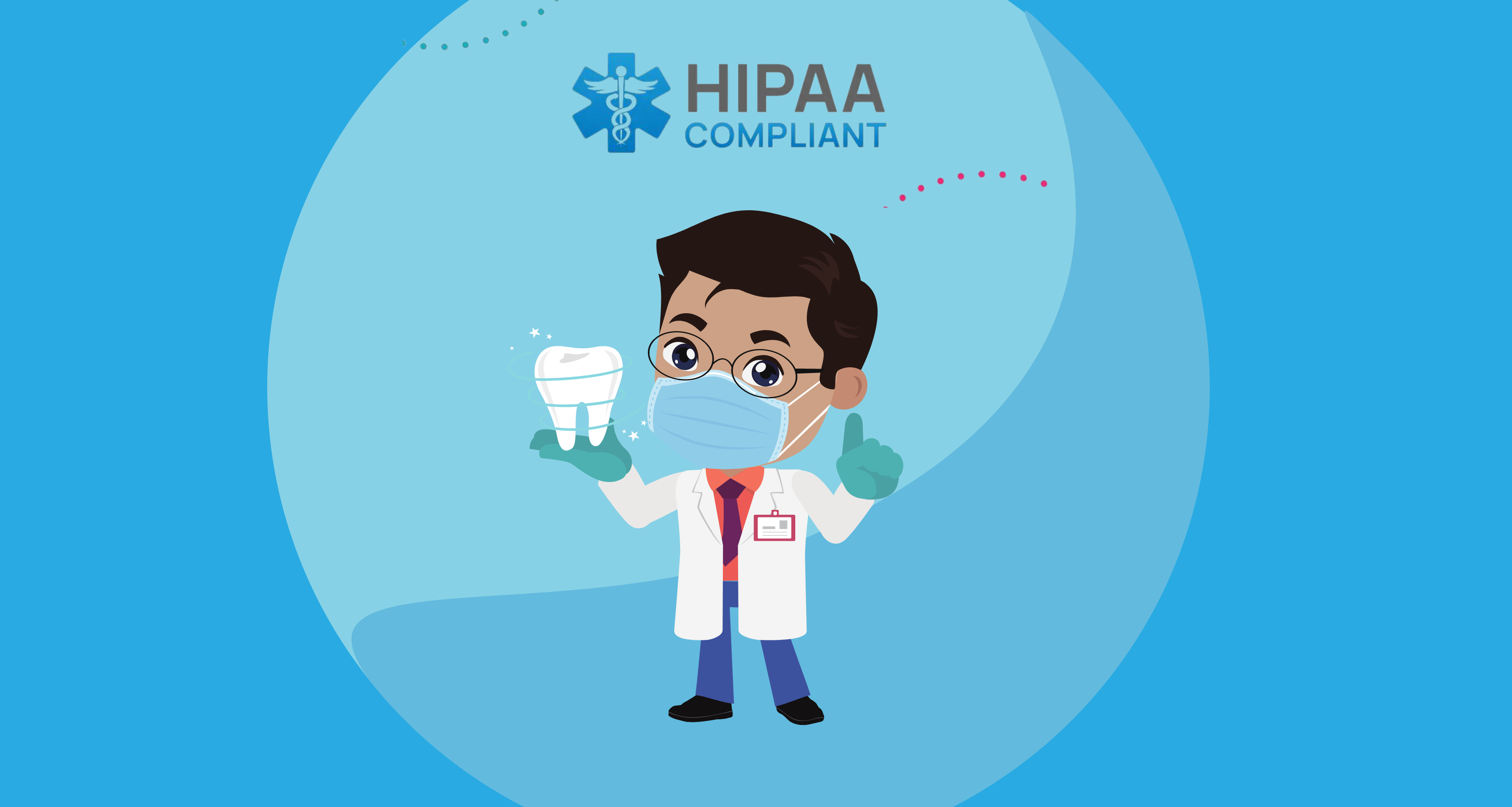
Let me tell you the tooth and nothing but the tooth about HIPAA compliance consulting and management for dental practices! Dental practices handle a significant amount of sensitive patient information ranging from medical history and insurance details to personal information. Keeping this information completely secure is a legal obligation and an ethical responsibility.
The healthcare industry is constantly evolving, and with it comes the need for dental practices to comply with HIPAA regulations. The Health Insurance Portability and Accountability Act (HIPAA) was enacted in 1996 to ensure patient confidentiality and privacy of their health information. Since then, regulations have become increasingly stringent, and dental practices must take steps to stay compliant.
Steps To Ensure HIPAA Compliance for Dental Practices
To ensure HIPAA compliance, dental practices must meet HIPAA Privacy, Security, and Breach Notification Rule standards.
HIPAA compliance management for dental practices can be achieved through a handful of steps:
- Conduct regular risk assessments
- Develop policies and procedures
- Train employees
- Limit access & secure PHI
- Report breaches promptly
- Review business associate agreements (BAAs)
Conduct Regular Risk Assessments
A HIPAA security risk assessment helps identify potential risks and vulnerabilities in a practice’s systems and processes, allowing them to take appropriate measures to mitigate risks. Regular risk assessments are necessary since technology, staff, or other factors can change over time, making previous assessments obsolete.
Develop Policies and Procedures
Any dental office should have written HIPAA policies and procedures outlining how employees handle sensitive patient data. These policies should be reviewed annually or when there is a significant change in operations or regulations.
Train Employees
All staff members must complete HIPAA compliance training regularly so that they thoroughly understand what constitutes protected health information (PHI), how it can be shared safely, and the consequences of failing to comply with HIPAA regulations.
Limit Access & Secure PHI
Only authorized personnel should have access to PHI on a need to know basis. This includes files such as charts, billing records, x-rays, etc. With the rise of cyberattacks targeting healthcare providers’ sensitive data, securing PHI has become even more critical. Using methods such as firewalls and encryption help to secure electronic PHI from unauthorized access or disclosure.
Report Breaches Promptly
Timely reporting of breaches can limit the damage caused by the incident and prevent further unauthorized disclosures from happening in the future. Incidents that compromise PHI must be reported to the Department of Health and Human Services (HHS) and affected patients. Dental practices must ensure that they comply with HIPAA breach reporting standards as well as potential state level reporting requirements.
Review Business Associate Agreements
Dental practices must have signed BAAs in place with any vendor with the potential to access PHI (business associates). A BAA is a legal document that outlines how PHI will be used, accessed, and protected by the vendor. Dental practices cannot work with business associates without a signed BAA.
How Compliancy Group Manages Dental Practice HIPAA Compliance
As the sole endorsed HIPAA solution for the American Dental Association (ADA), Compliancy Group is the leading provider of HIPAA compliance software for dental practices. Our software helps dentists, and their staff, manage all aspects of HIPAA compliance. The platform includes policies and procedures, risk assessments, employee training, and compliance tracking.
With Compliancy Group’s platform “The Guard”, dental practices can easily identify potential risks to patient privacy, and take proactive measures to prevent breaches. Our software also provides a comprehensive set of tools for managing security incidents, including incident response plans and breach notification templates. Overall, Compliancy Group offers a powerful solution that simplifies the process of achieving and maintaining HIPAA compliance for dental practices of all sizes. Find out why ADA chose us for their Members!









